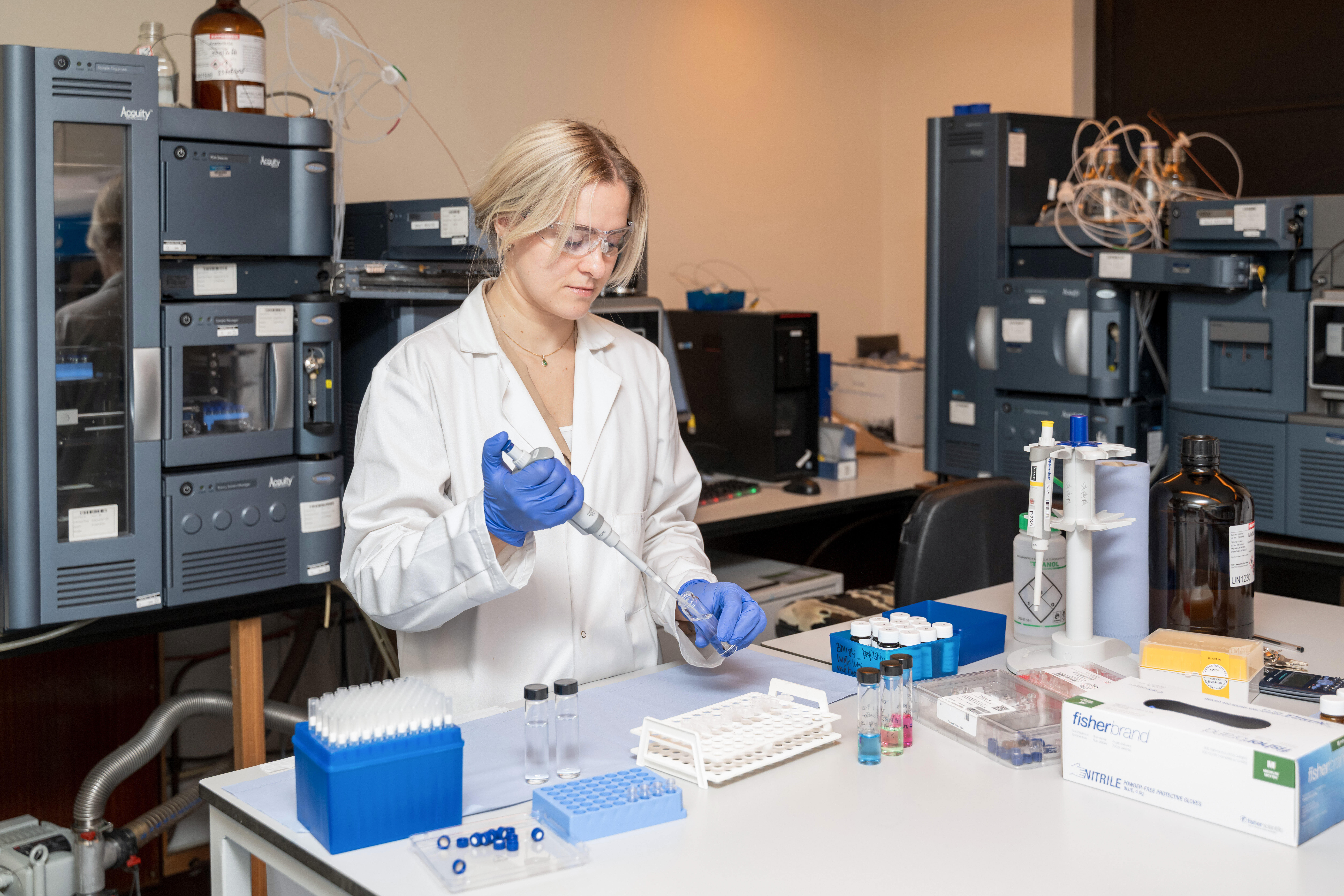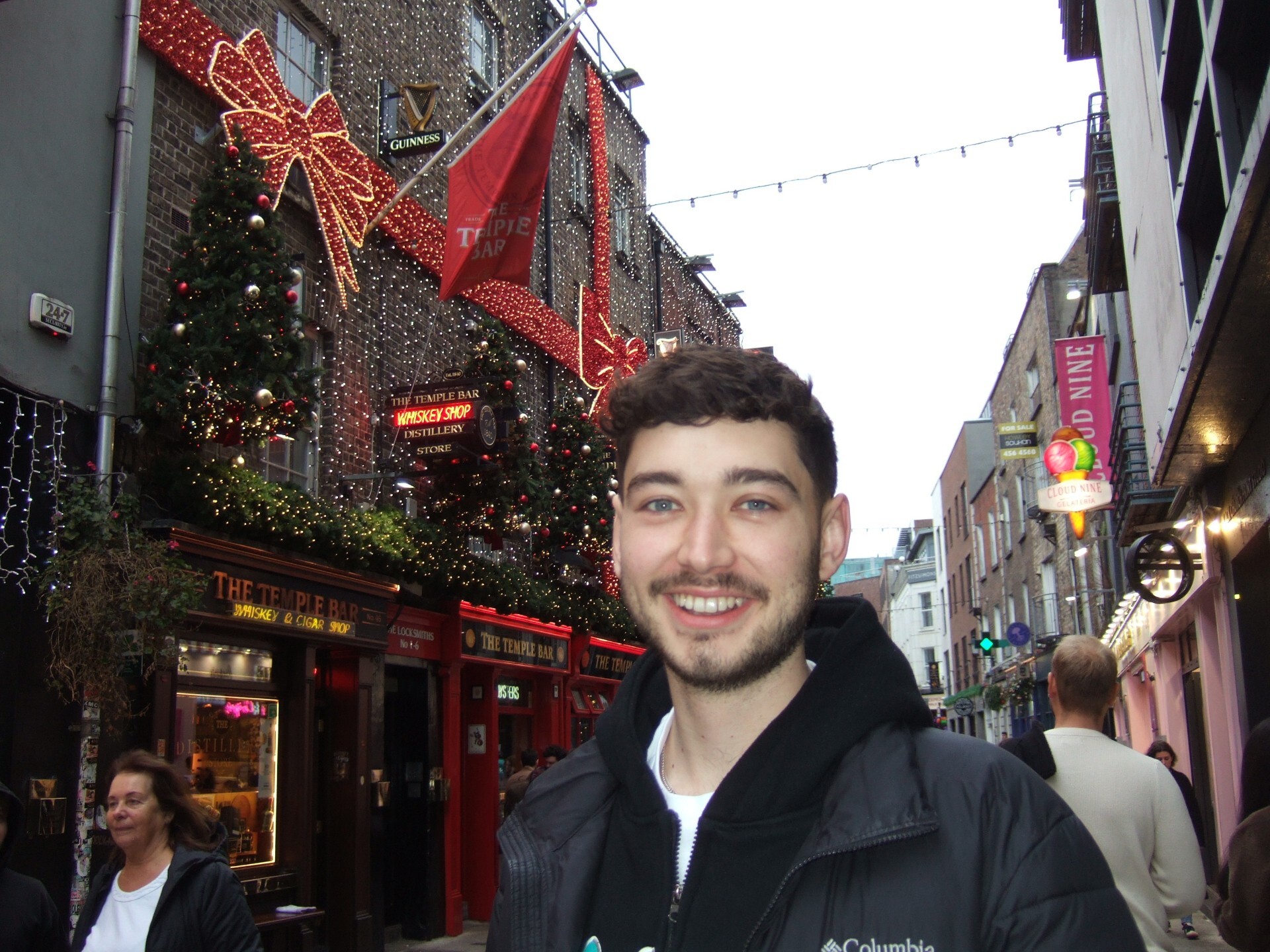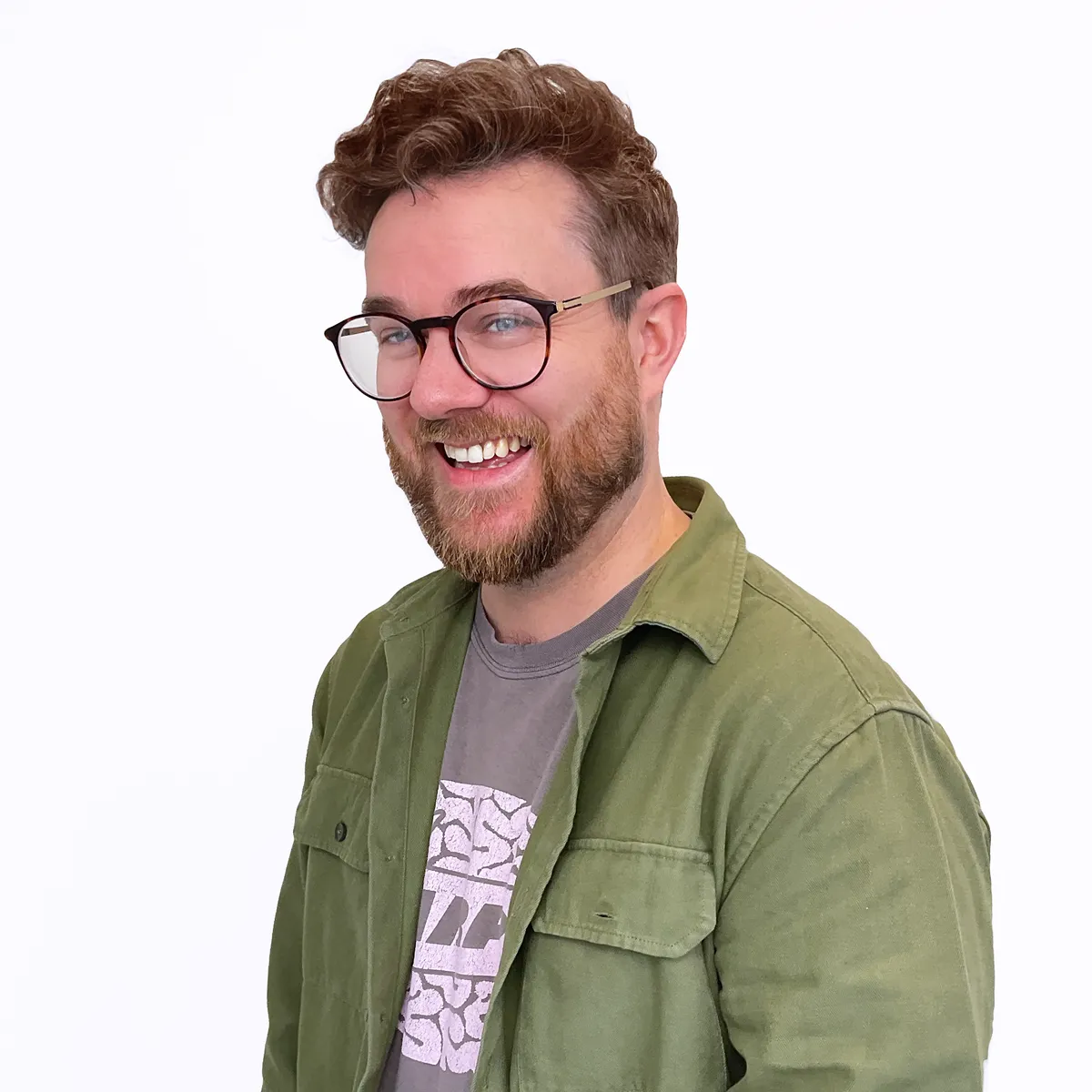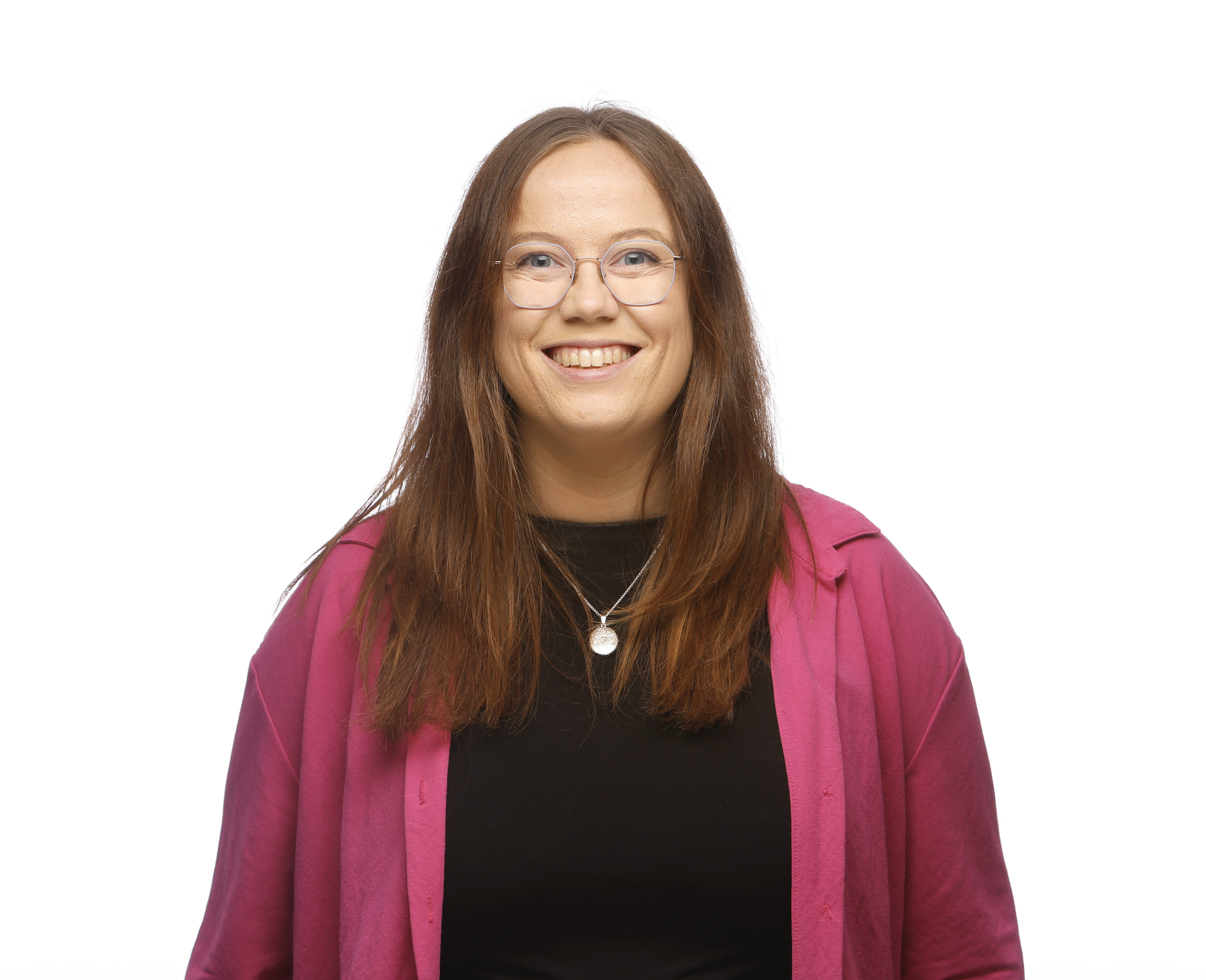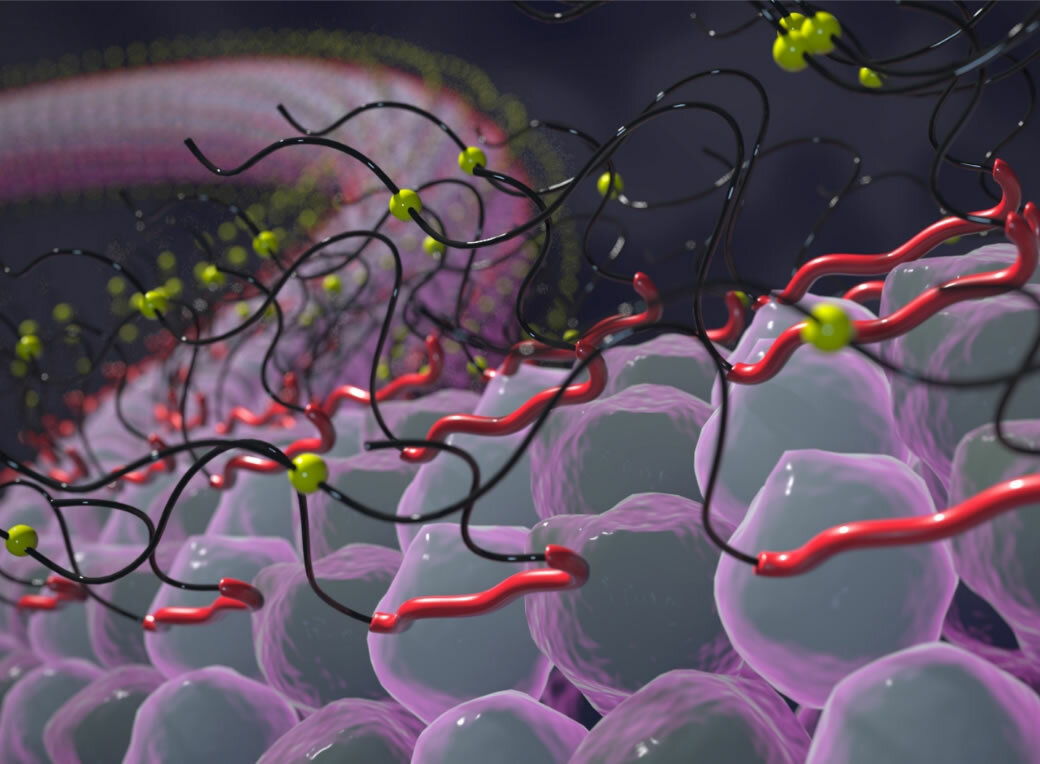Can you describe yourself in three words?
At work I am very analytical, dedicated and adaptive, but in terms of personal characteristics I’d describe myself as optimistic, adventurous and caring.
You went to IT Tallaght in Dublin to study DNA & Forensic Science, Drug Analysis and Toxicology. When did you realise this was what you wanted to study?
I never really knew what I wanted to study, especially since I didn’t do that well in chemistry at school – ironically, it wasn’t my strongest subject. However, I used to watch a lot of forensic science documentaries, and it was something I was always intrigued by, especially when they talked about different types of drugs, what they cause, and how they’re classified. I found that fascinating and always wanted to learn more.
Growing up in a small town in Ireland, I also saw studying as a chance to move to a bigger city. When you’re young, you do think about your career, but you also think about what it would be like to live somewhere new. For me, the interest in science was there, but the opportunity to move to Dublin was just as exciting.
You then moved to Aberdeen to complete your Master of Science in Drug Analysis and Toxicology and your PhD focusing on the development of tau protein binding molecules for the use as tau PET (Positron Emission Tomography) probes. What motivated you to pursue your master’s and PhD?
After finishing my bachelor’s degree, I quickly realised that building a career in forensic science would be very challenging, especially in Ireland. That led me to think about specialising further and focusing on a specific area like drug analysis.
Studying for my master’s turned out to be one of the best choices I could have made. It gave me a completely different experience compared to my undergraduate degree. At first, you think university is just one way of learning, but my master’s showed me how different, and rewarding, university could be.
After my master’s, I took a gap year to explore another path and ended up working in hospitality. While it was a valuable experience, I soon realised it wasn’t the right direction for me, so I applied for my PhD. The early months of my PhD were difficult, with supervisor changes that nearly cost me the position. But that’s when Professor John Storey stepped in, offering me a chance to focus on tau tracers – a project that went on to shape my career. If it wasn’t for him, I honestly don’t know where I’d be now.
You also worked as a laboratory demonstrator while completing your PhD, how did you find managing the two roles?
I think I enjoyed demonstrating so much that, at times, it almost felt like a distraction from my PhD. Doing a PhD is very self-driven, unlike an undergraduate degree there aren’t deadlines to keep you on track, so you must be disciplined, organised, and keep yourself motivated.
Working as a laboratory demonstrator gave structure to my week. Working alongside lecturers and guiding students for a few hours at a time not only provided a welcomed break from the intensity of my own research, but also offered a consistent routine to look forward to.
It wasn’t always easy, but it was rewarding. I enjoyed helping students and getting to know them. They’d often ask me about my PhD and what it was like, and those conversations were a reminder of why I was doing it all in the first place.
How did your career path lead you to your role with TauRx?
When I was finishing my PhD thesis, TauRx was advertising for a part time analytical technician. When I saw the opportunity to join TauRx, it felt like a very natural step as my PhD had been funded by TauRx and my project was focused on Alzheimer’s disease – specifically using tau tracers to help track Alzheimer’s disease. So I already had a strong interest in the area and was deeply connected to the science behind it.
The role wasn’t an exact continuation of my PhD project, but it was still closely related. It allowed me to stay involved in research around Alzheimer’s disease and tau protein, which had become areas I was passionate about. It felt like a rare opportunity – instead of finishing a PhD and moving on to something completely different, I was able to carry on in the same field, building on the work I had already started.
Can you tell us about your first role as an analytical technician with TauRx, then your most recent role as a Laboratory Analyst?
During my part time role as an analytical technician, the tasks were quite simple – things like calibrating and testing pipettes, monitoring temperatures, and helping with the general upkeep of the labs. But those ‘simple’ tasks were crucial. If something as basic as a pipette wasn’t calibrated correctly, it could throw off everything else. That role gave me a strong foundation and a first real introduction to the regulatory world.
Not long after, a maternity cover position was advertised – an analyst role in the GLP/GCP facility. Since I was already familiar with the lab from my technician role, I thought it was a great opportunity. So I applied and was delighted to be offered the six-month role.
When the maternity cover ended, I was asked if I’d like to stay on. The team was busy, and I was happy to continue. That was back in 2021 – and four years later, I’m still here! During this time, I’ve had the chance to grow in my role, learn something new almost every day, and develop alongside an experienced and supportive team.
What has been the main highlight of working with TauRx so far?
It’s hard to pick just one highlight from my time with TauRx, but contributing to research has been especially meaningful. Some days the work feels routine, and it’s easy to forget the bigger impact but when reports or news come out, you realise this could really makes a difference to patients’ lives.
Another highlight has been growing alongside such a supportive and knowledgeable team. Even as one of the newer members, I’ve learned so much from colleagues with years of experience and seen what drives their passion.
What are the top two or three priorities for your role with TauRx in the year ahead?
Looking ahead, my top priority is supporting the team with ongoing regulatory requirements, ensuring everything is fully compliant and of the highest quality. Getting approvals right now is crucial for our work, so this takes priority.
I also want to continue developing my own expertise, especially in method development and exploring promising next-generation compounds. Lastly, maintaining strong collaboration within the team also remains essential. Working together is what has brought us this far, and it’s the key to continuing our progress and success.
Can you tell us the role you played in TauRx’s submission to the MHRA and a bit about what a positive outcome would mean to you?
I was involved in examining some of the side products and providing clarification on their analytical characteristics. A positive outcome would not only be a recognition of our hard work and commitment but more importantly, it would represent the potential impact on patients and their families. Even though I’ve only been with the company for a relatively short time, seeing the drug reach the market would be incredibly rewarding. Knowing that our efforts could ultimately improve lives makes the journey feel truly worthwhile.
What is the best professional advice you can give, or you have been given?
One piece of advice that has stuck with me, is to always stay adaptable and open to change. My role has evolved from clinical trials to regulatory approval, and now method development. Being open to change has allowed me to embrace new opportunities – many of which have become the most rewarding experiences in my career.
Can you tell us something about yourself that would be a surprise to most people?
My love for nature, I really enjoy spending time outdoors – whether hiking, exploring, or foraging for berries. Scotland’s landscapes are so rich and diverse, being surrounded by them is both grounding and inspiring. Nature gives me a sense of peace, and I think many people don’t appreciate how amazing the forests and wild spaces are.
